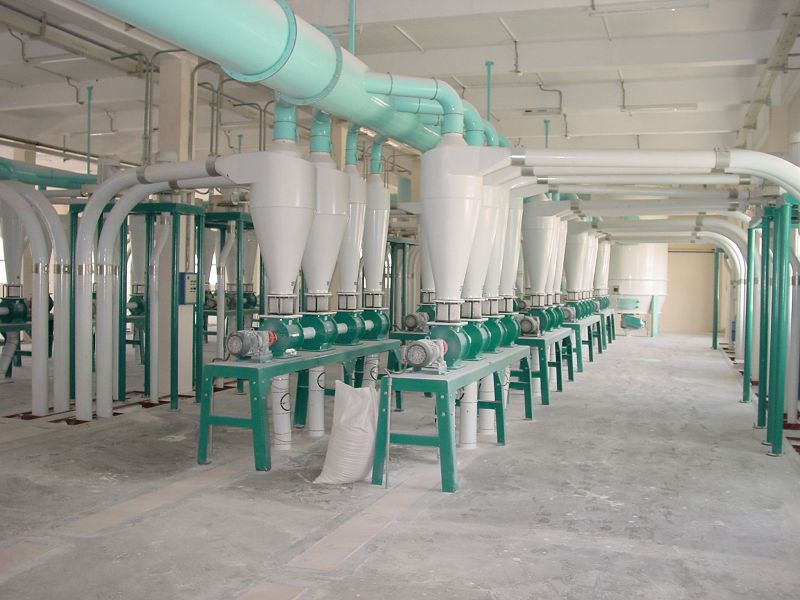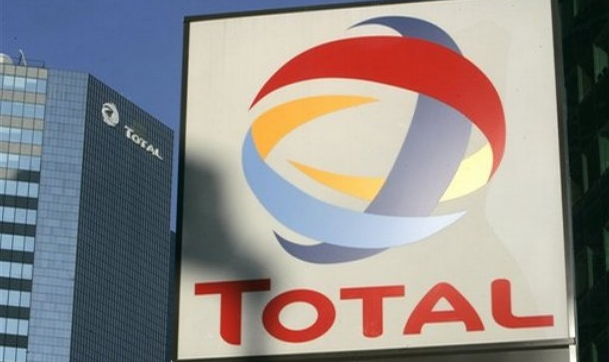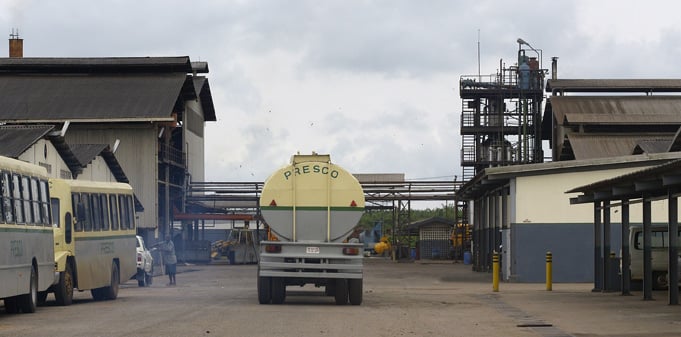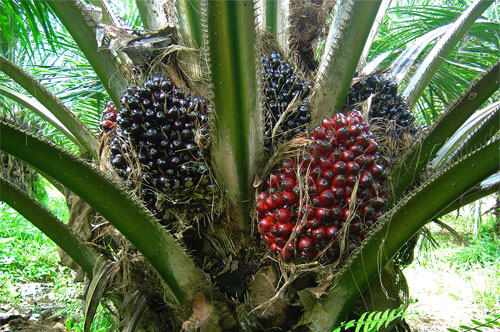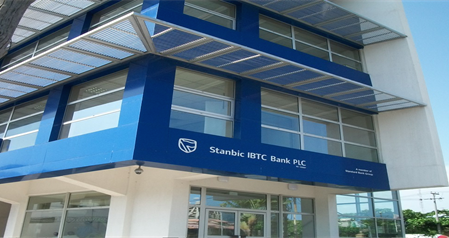Huge foreign exchange losses have changed the earnings story of Nestle Nigeria from a promising stable growth shown in the first quarter to just one step away from a loss. Finance expenses, led by foreign exchange losses, claimed close to 87% of operating profit at the end of the third quarter and lowered pre-tax profit by about 74%.
Swollen income tax expense added to the pressure on earnings, claiming more than 91% of the pr-tax profit. Also cost of sales claimed an increased share of sales revenue, which depressed gross profit margin. In all, the company’s long established blue chip performance standard seems to have simply evaporated.
The three expense lines have reduced Nestlé’s towering earnings per share to the level of a penny stock. The food & beverages company had opened the year successfully in the first quarter with a net profit of N6.68 billion and earnings per share of N8.42. At the end of the third quarter, after tax profit came to less than N485 million and earnings per share shrank to 61 kobo.
The year was looking good for an accelerated growth in earnings for Nestle until the foreign exchange losses caused a 376% upsurge in net finance cost in the second quarter, rising further to 414% at the end of the third quarter. Nestlé’s strength lies is its sustaining stable growth in revenue from year to year but the foreign exchange losses have so far obscured a solid growth of 20% in sales revenue at the end of the third quarter.
Advertisement
Third quarter operations ended with sales revenue of N129.48 billion for Nestle, a year-on-year growth of about 20%. The full year projection indicates sales revenue in the region of N177 billion for Nestle Nigeria in 2016. That will be an increase of over 17% over the turnover figure of N151.27 billion the company generated in 2015. It will be an accelerated growth from the 5.5% improvement in sales revenue last year. Despite the slowdown, the company has maintained a continuing growth in sales revenue in recent years.
The new strength in revenue growth this year isn’t getting down to the bottom line as sharp cost increases have reduced profit capacity to the lowest level in many years. The three months trading in the third quarter ended in a loss of over N51 million, which reduced closing profit figure of N536 million in the second quarter to N484.69 million at the end of September.
Seasonal sales in the final quarter may help the company improve margins and raise the bottom line position at full year. The continuing sharp growth in foreign exchange losses however remains a big challenge for the company on profit performance. For its shareholders, this looks very much like a lost year for their company that used to lead listed companies by earnings and dividend per share.
Advertisement
Net foreign exchange loss of N19.43 billion at the end of the third quarter is the biggest cost increase that has undermined profit performance so far this year. It rose from only N1.72 billion in the same period last year and represents the bulk of the finance cost of N21.98 billion the company recorded at the end of the third quarter.
A net finance cost of N19.86 billion at the end of September was an upsurge of 414.4% year-on-year at the end of the third quarter. It claimed 78.3% of operating profit compared to 15.6% in the same period last year. That caused a drop of 73.6% in pre-tax profit to N5.50 billion at the end of September of which income tax expense claimed N5.02 billion or 91.2%. Tax liability was swollen by a deferred tax expense of close to N2 billion.
The other cost line that undermined profit performance is cost of sales, which grew by 29.3% to N77.55 billion against the less than 20% increase in turnover. That cut down gross profit margin from 44.5% in the third quarter of last year to 40.1% at the end of September.
The ability to covert revenue into profit has approached a vanishing point for Nestle Nigeria. Net profit margin fell from 16% in the same period last year to 0.4% at the end of September 2016, the worst profit capacity in several years. The company had converted 16% of sales revenue into profit at the end of 2015, achieved earnings per share of nearly N30 and paid a total cash dividend of N29 per share. The strength for that accomplishment seems to have vanished suddenly over the last two quarters of the current year.
Advertisement


